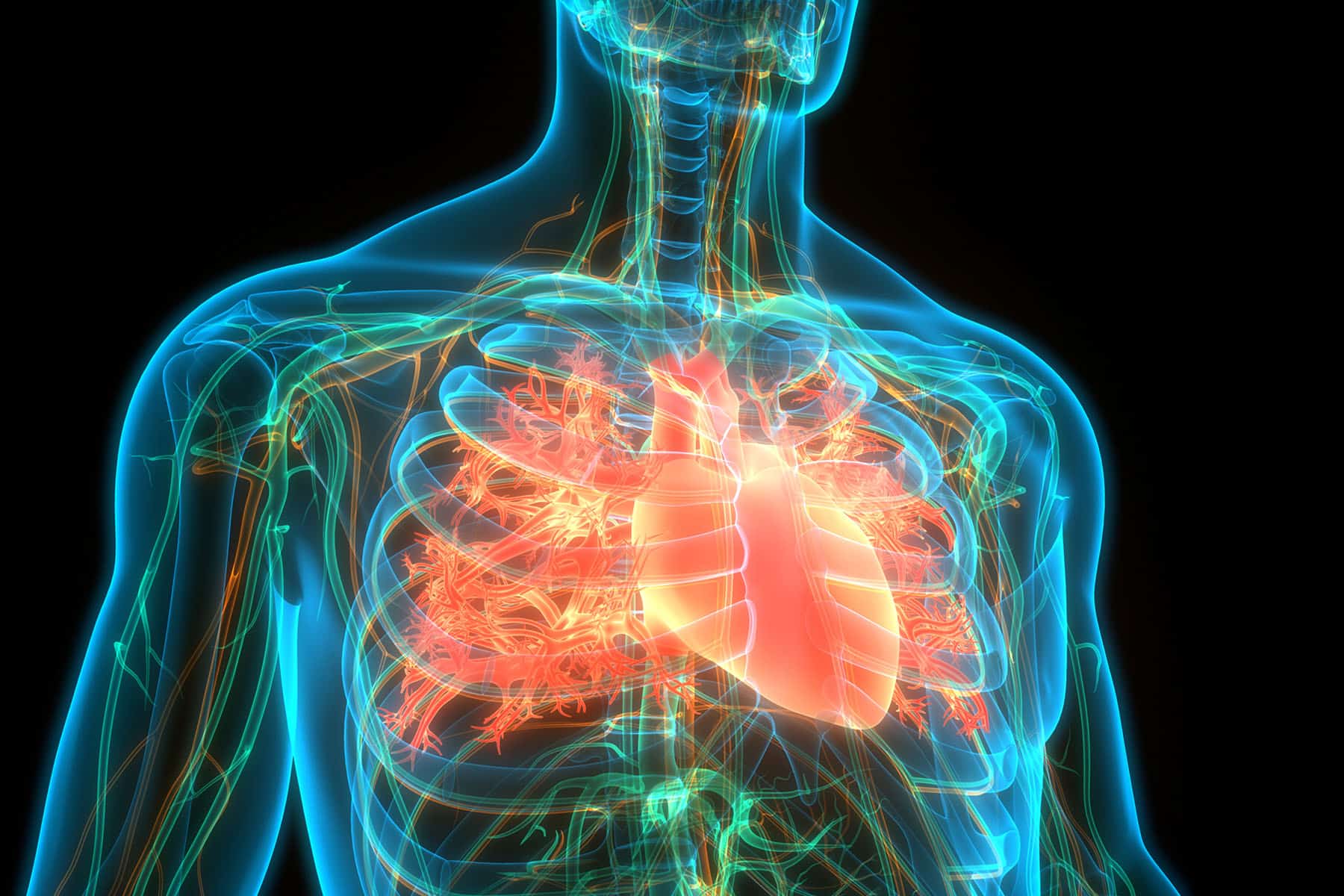
A new and unique Pulmonary Hypertension (PH) Research Program at Wesley Research Institute aims to provide hope and improved quality of life for patients affected by this debilitating condition.
The program aims revolutionise PH treatment by investigating new therapies, particularly for areas currently lacking treatments and supplementing existing ones to avoid the need for transplants.
PH is a serious condition characterised by high blood pressure in the blood vessels of the lungs. Unlike regular blood pressure measured in the arm, PH refers to the pressure inside the vessels within the lungs, which can only be confirmed through an invasive procedure. This elevated lung pressure causes patients to feel short of breath and, if left untreated, can ultimately lead to right heart failure and death.
Historically, PH had a very poor prognosis, with patients living just over two years on average. However, the development of new therapies has allowed some patients to now live 10 to 15 years with the condition.
Researchers at the Wesley Research Institute are set to further advance treatments and improve outcomes for the different types of PH patients.
The goal is not just survival but also enhancing quality of life
Dr John Feenstra
“We aim to bring new therapies to patients, especially those in areas where no therapies exist. For some patients, the next step would be a transplant, which we want to avoid.”
Led by Dr John Feenstra, Clinical Director of the Pulmonary Hypertension Research Program and Director of the Wesley Pulmonary Hypertension Unit, the new research program focuses on all four major groups of PH, addressing a challenge that has long fragmented treatment across different centres.
“This program allows us to coalesce into a single centre, providing clinical trials for all groups of PH patients,” said Dr Feenstra, who is also the lead pulmonary hypertension physician at The Prince Charles Hospital.
The four groups of pulmonary hypertension that our research program focuses on include Pulmonary Arterial Hypertension (PAH), PH secondary to left heart disease, PH secondary to lung disease and Chronic Thromboembolic Pulmonary Hypertension (CTEPH). Each group presents unique challenges and necessitates tailored treatments.
“There is currently no medical therapy for many of these patients, specifically patients with pulmonary hypertension secondary to left heart disease or valvular heart disease, but new clinical trials are on the horizon.
“In fact, one of the clinical trials that we’re planning at the Wesley Research Institute is for that group of patients,” said Dr Feenstra.
Wesley Research Institute Clinical Trial Coordinator Bronwen Field will take a lead role in the new PH Research Program.
“Working closely with patients, I see firsthand the progression of the disease and the hope that new treatments bring,” said Ms Field, who has more than 20 year’s nursing experience, five in the clinical trials area.
It’s incredibly fulfilling to contribute to improving their quality of life
Browen Field, Clinical Trial Coordinator
Dr Feenstra’s dedication to this field dates back 20 years, having a pivotal part in advancing PH treatment through his roles at various institutions and as president of the Pulmonary Hypertension Society of Australia and New Zealand. His work on advisory boards has been crucial in bringing new drugs to market.

“We have therapies that could focus on three pathways, but now we’re exploring a new pathway with promising results,” he said.
According to Dr Feenstra, for PH patients, being able to breathe is fundamental.
As they say, if you can’t breathe, nothing really matters
Dr John Feenstra
He explained that patients want to know if the treatments can help them live longer and do more, allowing them to see their children and grandchildren grow up and have a better quality of life.
“We hope to develop new therapies that not only prolong life but also enhance its quality, allowing patients to enjoy activities and moments that matter most to them,” Dr Feenstra said.
Wesley Research Institute is set to embark on several important clinical trials, representing a significant advancement in PAH treatment. The team are exploring new ways to administer therapies including first-in-human trial of a new inhaled therapy.